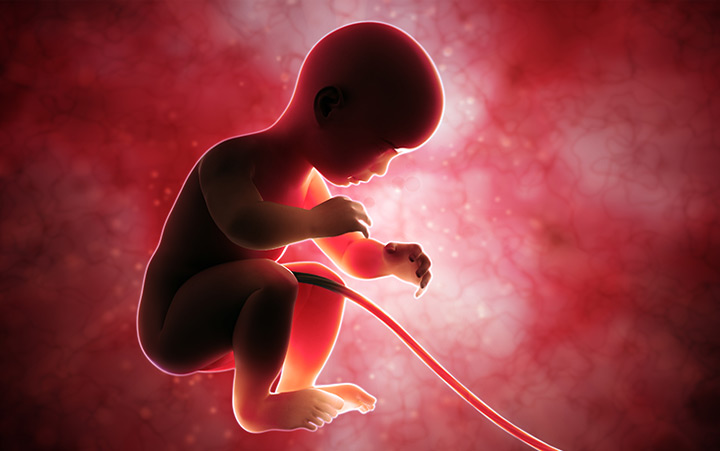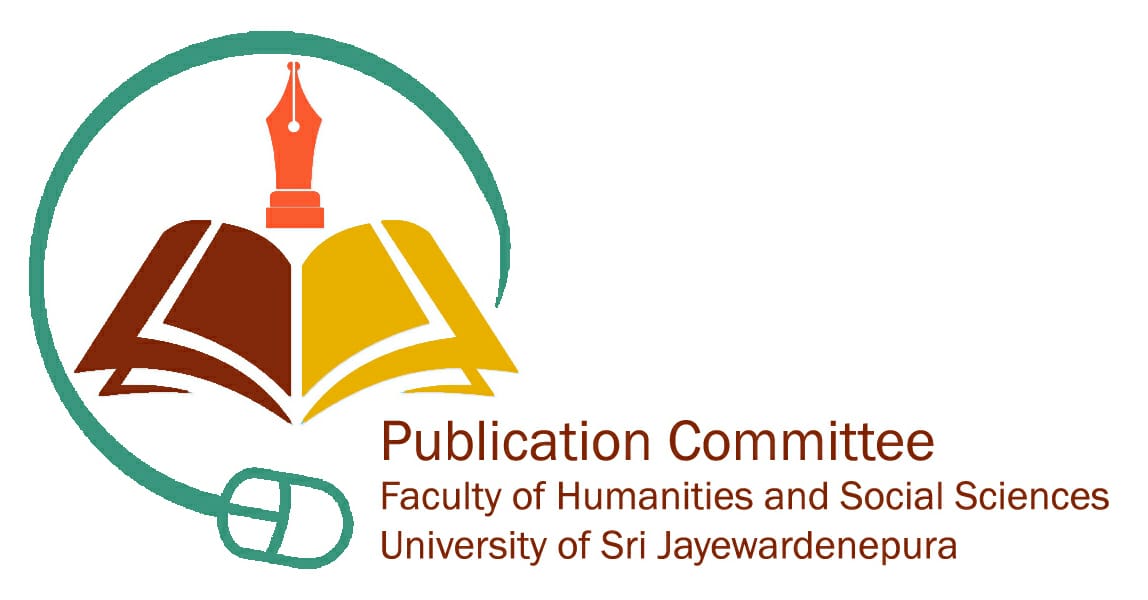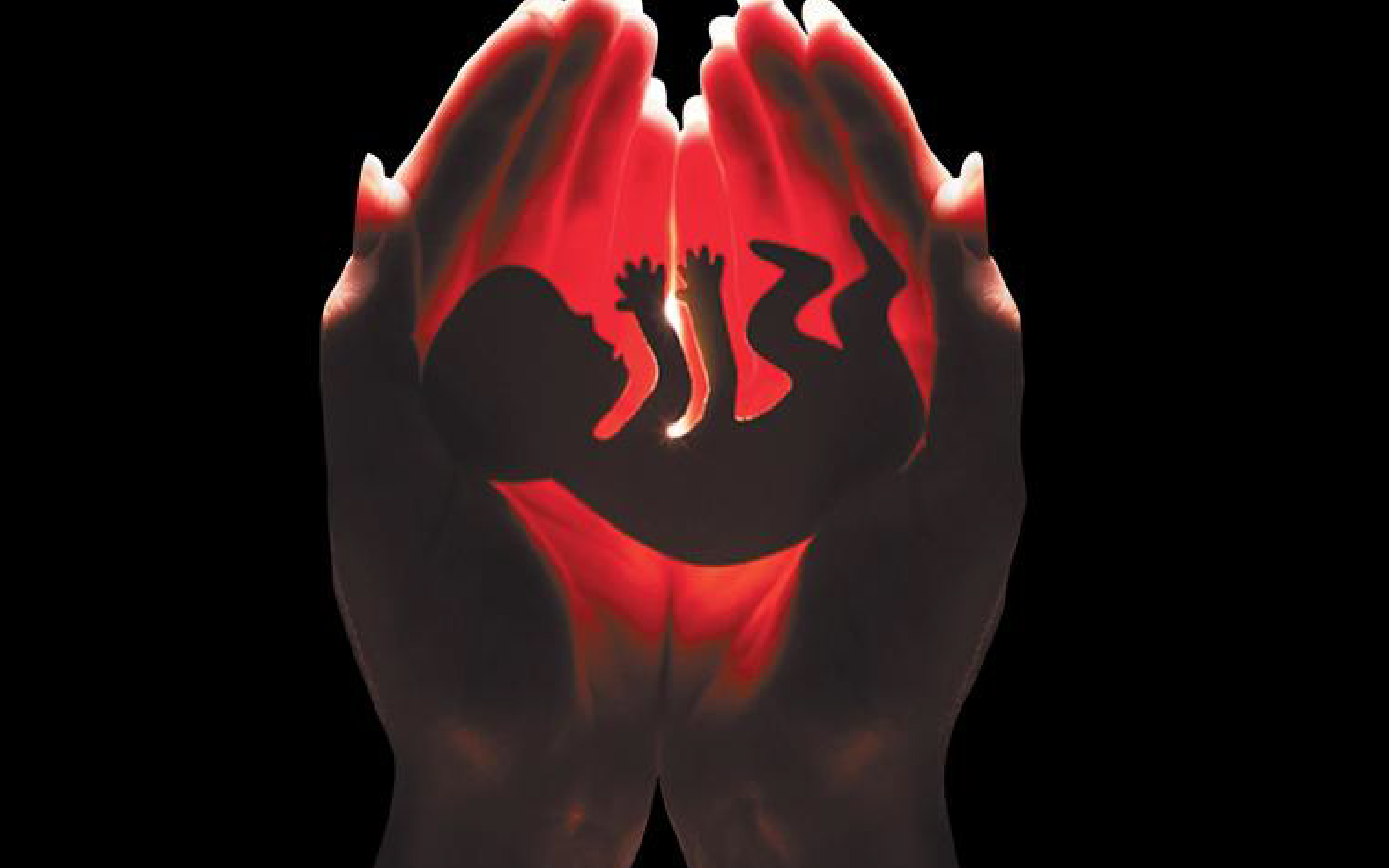Introduction
Abortion has become a social issue in Sri Lankan society due to the thousands of illegal cases being reported daily. Even though Sri Lankan law does not allow aborting, many illegal cases are reported daily and it takes high numerical value today than many years ago. Therefore, people should be aware of abortion and its legal environment to understand the situation of abortion in Sri Lanka. Because abortion has impacted society differently. This article is expected to examine the legal background and status of abortion in Sri Lanka to understand the reality of abortion in Sri Lanka and its impact on society.
The term abortion is most widely used as a synonym for forced abortion, the intentional interruption of conception, connoting a sudden or natural death of the fetus. It’s possible to identify maternal well-being as being in strong health in respect of all problems relating to the method of regeneration, its functions and processes. Insecure abortion, according to the WHO is the “termination” of an accidental pregnancy, either by a person who is missing the requisite skills or in a setting that lacks the skills minimum medical degree or both (Perera & Abeysena, 2018). Oxford Advanced Learner’s Dictionary (2005) defines “abortion as the deliberate ending of a pregnancy at an early stage”. The general definition of ‘abortion’ is that ‘abortion is a threat to the fetus before 28 weeks of gestation or the partial or complete expulsion of embryonic parts from the uterus.
According to credible reports, Dr Sanath Lanerolle, Consultant Obstetrician and Gynecologist at Castle Street Hospital revealed that the majority are adults aged about thirty-five, but the troubling pattern is that teens between the ages of fifteen and nineteen are participating in a significant proportion of abortions (Rathnayak,2018)
There are two forms of abortion one is called Legal Abortion (‘the abortion pill’)-to take drugs to stop pregnancy Surgical abortion is another form of abortion, a pregnancy withdrawal procedure up to 12 weeks into pregnancy, an abortion may take place after 12 weeks under extraordinary circumstances if there are. Problems with the growth of the fetus.
Abortion in Sri Lanka
In Sri Lanka, abortion is a contentious subject, and the country’s abortion laws are stringent. Abortion is prohibited in Sri Lanka, with the exception of situations where it is required to save the mother’s life. Nonetheless, there is significant latitude in how the legislation is applied in practice, and abortions are occasionally carried out when the mother’s health is in danger. The prevalence of abortions in Sri Lanka implies that many women are seeking abortions despite the country’s legal constraints, despite the fact that it is illegal to get an abortion there unless it is essential to save the mother’s life. The government has taken action to increase access to safe and legal abortion services because the problem of unsafe abortions is a major concern, particularly in rural areas.

A study in 1999 found that among women and girls between the ages of 15 and 49, abortion rates were over one in twenty. According to a 2016 Health Ministry estimate, 658 abortions are performed daily in Sri Lanka(Ganguly,2022). According to research from 2015, unsafe abortions are the third most common cause of perinatal death in Sri Lanka, accounting for 10–13 percent of mother fatalities. After allegedly being sexually assaulted by a family member in December, a 13-year-old Mullaitivu girl died as a result of an illegal abortion( Rights body calls for reform of Sri Lankan Abortion Law – UCA News, n.d.)
Abortion is prohibited under Sri Lankan law, with the exception of abortion, which saves the mother’s life when it comes to abortion. Abortion regulations have been relaxed for a number of purposes in some parts of the country. Yet Sri Lanka’s moral and theological pillar is that abortion has been immoral. However, it is confirmed that between800 and 1000 illegal abortions take place every day in Sri Lanka (Kasthuriarachchi,2019)
According to Sri Lankan law, abortion is not legal but many illegal abortion cases are being happened everywhere in the country. It is evident that many statistics how illegal abortion is happening around the country. Religious aspect abortion is not permitted and it is considered as an unethical function therefore our society does not still accept it because it is a transgress activity. In fact, abortion is a common phenomenon in Sri Lankan society today. According to a national study sponsored by the United Nations Population Fund in the late 1990s, there are 650 abortions per day in Sri Lanka. Today it is estimated to be around 1000 per day. In a 2009 survey, the Department of Forensic Medicine and Toxicology at the University of Colombo, according to Dr N.S. L. Abeysinghe, when 1,000 children are born in the country, another 740 will be aborted (pethiyagoda,2018).
Generally, in Sri Lankan society illegal abortion can be happened in a different way. There can be seen many strategies which are mostly used to destroy embryos in an illegal way, among them; using abortifacient drugs or food: Vaginal injection of counterfeit Ayurveda medicines, raw foods by general abuse; such as cycling, jumping or hitting the lower and by expanding the uterus: Abortion, nail, hairpin, bicycle spokes, knitting needles, breakage or the use of nuts.
The majority of abortions in Sri Lanka have occurred among married women over 35 years of age. But in general, women who have abortions can be divided into four categories.
- Unmarried women: Women who are tempted to have an abortion during pregnancy due to sexual intercourse during the unmarried period.
- Married women: Economic issues, women who resort to abortion in case of emergency birth due to close births.
- Victims of Sexual Offenses: Pregnant women as a result of being subjected to forced sexual abuse (including rape) as a medical procedure
- As a medical procedure: Abortion on medical advice when the mother’s life is in danger.
In the first three cases, abortion is considered a crime by Sri Lankan law and in the last case, it is considered a legal action to save the life of a pregnant mother. (Withanage,2019)
The Law against abortion in Sri Lanka
Under the Penal Code of 1883, abortion is usually illegal in Sri Lanka and states that anyone who voluntarily induces a woman with a child to miscarry is subject to imprisonment and/or payment of a fine for up to three years unless the miscarriage was induced in good conscience to save the mother’s health. The same sanctions apply to a woman who causes her own miscarriage. There are no procedural conditions for medical termination of pregnancy in the Penal Code, except that the pregnant woman’s consent is required.
Panel code 303, 304, 305,306,307 are discussed; causing miscarriage, causing miscarriage without women’s consent, death caused by an act done with intent to prevent a child from being born alive or to cause it to die after birth, causing the death of a quick unborn child by an act amounting to culpable homicide respectively.
- Whoever voluntarily causes a woman with child to miscarry shall, if such miscarriage not be caused in could faith to save the life of the woman, be punished with imprisonment of either description for a term which may extend to three years, or with fine, or with both; and if the woman be quick with chilis shall be punished with imprisonment of either description for a term which may extend to seven years, and shall also be liable to fine.
Explanation: A woman who causes herself to miscarry is within the meaning of this section.
- Whoever commits the offence defined in the last preceding section without the consent of the woman, whether she is quick with a child or not, shall be punished with imprisonment of either description for a term which may extend to twenty years, and shall also be liable to fine.
- Whoever, with intent to cause the miscarriage of a woman with child, does any act which causes the death of such woman shall be punished with imprisonment of either description for a term which may extend to twenty years, and shall also be liable to fine.
Explanation: It is not essential to this offence that the offender should know that the act is likely to cause death.
- Whoever, before the birth of any child, does any act with the intention thereby preventing that child from being born alive, or causing it to die after its birth, if such act not is caused in good faith for the purpose of saving the life of the mother, shall be punished with imprisonment of either description for a term which may extend to ten years, or with fine, or with both.
- Whoever, does any act under such circumstances that if he thereby caused death he would be guilty of culpable homicide, and does by such act cause the death of a quick unborn child, shall be punished with imprisonment of either description for a term which may extend to ten years, and shall also be liable to fine.
Illustration: A, knowing that he is likely to cause the death of a pregnant woman does an act which, if it caused the death of the pregnant woman, would amount to culpable homicide. The woman is injured but does not die, but the death of an unborn quick child with which she is pregnant is thereby caused. A is guilty of the offence defined in this section(Penal Code, Chapter XVI, Articles 304 – 307 (1883)
How does abortion impact society
Any nation’s civilization may be significantly impacted by the contentious topic of abortion. Here are some possible effects of abortion on society:
Reproductive healthcare availability: The availability of safe and legal abortion services can increase women’s access to reproductive healthcare generally and improve their overall health. Contrarily limits on abortion might make it harder for women to get reproductive healthcare, especially in situations where pregnancies are unintended or unplanned.
Impact on the economy: Depending on the situation, abortion’s economic effects can change. Some abortion restrictions may result in higher healthcare expenditures and decreased productivity, especially if women choose risky abortion procedures. On the other side, others contend that abortion can result in a shrinking population and a reduction in workforce participation, particularly in nations with low birth rates.
Political and social divisions: Abortion is a contentious issue, especially in nations where abortion is a hotly debated issue. Political and societal differences may result from abortion, particularly between those who favour and oppose abortion access. In countries where abortion is prohibited or severely restricted, women who seek abortions may experience stigma and prejudice. Their physical and mental health, as well as their social and economic well-being, may all suffer as a result.
Moral and ethical issues to think about: The value of human life and the rights of the unborn can be questioned ethically and morally in light of abortion. Particularly in nations where there are strong cultural or religious prohibitions against abortion, these discussions may have a large social impact. Ultimately, the effects of abortion on society are intricate and varied, and they can change based on the situation, as well as the political and social climate. It is crucial that decision-makers take into account the potential effects of abortion laws on the health and welfare of women.
Conclusion and Suggestions
In the present society in Sri Lanka, abortion has become a contradictory matter because of whether the abortion law in Sri Lanka should be relaxed. Many countries in the world have relaxed their legal codes in relation to abortion with a view to controlling illegal abortion. Therefore, Sri Lanka also should focus to reduce illegal abortion incidents are being happened by amending the current law. Sri Lankan law system possesses a long history and there can be seen severe law provisions on abortion it also has become a major barrier to changing the current law system in relation to abortion.
References.
A collection of Stories on Abortion in Sri Lanka (2019); FPA Sri Lanka.
Abeykoon. A.T.P.L (2019) Estimate of Abortion rate in Sri Lanka using Bogart’s model of proximate determinants of fertility.
Abortion. (n.d.). the free dictionary.com. http://medical dictionary.com/abortion
Galappaththige, T.R; The need for rethinking the law relating to abortion in Sri Lanka:
A critical examination, journal of studies in social sciences and humanities, volume 4, N0 1, March 2018, 1-5.
Ganguly, Meenakshi Sri Lanka’s. (2022, March 10). Draconian Abortion Law. Reform Sri Lanka’s Draconian Abortion Law | Human Rights Watch. https://www.hrw.org/news/2022/03/10/reform-sri-lankas-draconian-abortion-law.
Oxford Advanced Learner’s Dictionary (2005), 7th edition, Oxford University Press, Printed in India.
Panel Code in Sri Lanka, 1885.
Perera, U. and Abeysena, C., 2018. Knowledge and attitudes on unsafe abortions among the state university undergraduates in Western Province. Journal of the College of Community Physicians of Sri Lanka, 24(2), pp.76–81. DOI: http://doi.org/10.4038/jccpsl.v24i2.8149.
Rathnayake, Dineth .( 14 July 2018 ). Daily Mirror – Sri Lanka Latest Breaking News and Headlines. Daily Mirror – Sri Lanka Latest Breaking News and Headlines. https://www.dailymirror.lk/.
Rights body calls for reform of Sri Lankan abortion law – UCA News. (n.d.). ucanews.com. https://www.ucanews.com/news/rights-body-calls-for-reform-of-sri-lankan-abortion-law/96469.
Rohan Pethiyagoda, Author at Colombo Telegraph. (2023, April 1). Colombo Telegraph. https://www.colombotelegraph.com/index.php/author/rohanpeth/
Senanayka, Hemantha; Induced abortion in Sri Lanka; in Ceylon Medical Journal, April 2004.
Suranga, Suchira, Silva, Tudor, Senanayaka, Lakshman; Perception on the abortion laws in Sri Lanka: Community-based study in the City of Colombo, Article in the Ceylon Medical Journal, December 2016.
Withanage, Thusal.(Saturday 1st of April 2023 ).Law related to Abortion. Lanka Newsweek – https://lankanewsweek.com/4145-lanka_news_week-16.
R. A. Rasika Karunarathen
Lecturer
Department of Sociology






